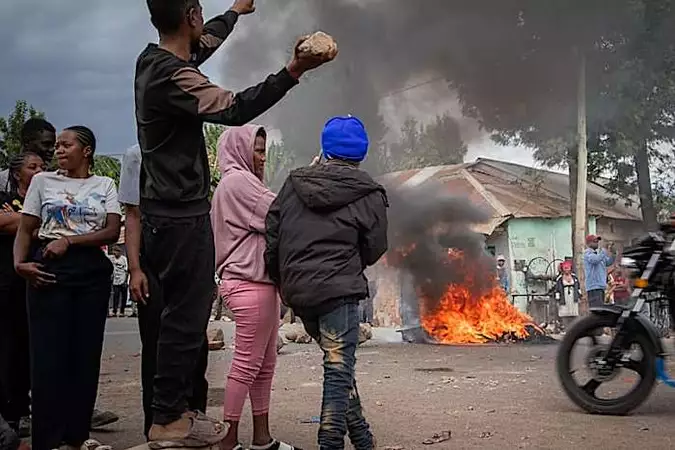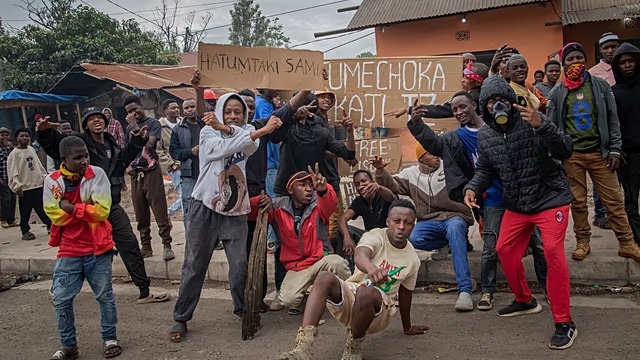In the wake of Tanzania’s disputed October 29 election, prosecutors have charged 76 individuals with treason, alleging their roles in violence linked to the vote. The charges also include criminal conspiracy, reflecting the authorities’ stance that the unrest was orchestrated to intimidate state institutions in Dar es Salaam, the country’s commercial capital.
The charges come amid a broader backdrop of turmoil and questions about the election’s legitimacy. International observers have warned that the vote did not meet free and fair standards, and the environment surrounding the election was marked by tensions that erupted into violence as security forces confronted protesters and opposition activists.
Key details from the charges and context:
- The treason charge targets 76 suspects identified as having intent to obstruct the October 29 election “for the purpose of intimidating” authorities in Dar es Salaam.
- In addition to treason, charges include criminal conspiracy, signaling the government’s view that some unrest was coordinated.
- The post-election period has seen significant violence and a disputed death toll, with opposition party Chadema claiming over 1,000 fatalities and alleging authorities are concealing the true numbers.
- President Samia Suluhu Hassan, who assumed office in 2021, won re-election with a tally claimed at more than 97% of the vote. Her opponents, including Chadema’s Tundu Lissu and ACT-Wazalendo’s Luhaga Mpina, were barred from running, a fact rights groups describe as indicative of a repressive climate.
- Amnesty International and other rights organizations have cited enforced disappearances, arbitrary arrests, and extrajudicial killings, though the Tanzanian government has denied these claims.
- The African Union (AU) observers publicly stated that the election “did not comply with AU principles, normative frameworks, and other international obligations and standards for democratic elections.” They noted ballot stuffing at several polling stations and instances of voters receiving multiple ballots. The AU emphasized that the electoral environment was not conducive to peaceful conduct or acceptance of electoral outcomes.

What this means going forward:
- The treason charges underscore the government’s determination to frame the post-election violence as a serious threat to state stability. The legal proceedings will be closely watched both domestically and internationally for their due process and transparency.
- With widespread claims about the election’s legitimacy and a disputed death toll, there is mounting pressure for independent investigations and credible, transparent reporting. International observers have already cast doubt on the conduct of the vote, which may complicate efforts to restore trust among the population and regional partners.
- The political landscape remains delicate. The exclusion of major opposition voices from the ballot in 2025 has heightened concerns about political space and civil liberties, factors that often fuel post-election tensions.
What to watch for next:
- Updates on the trial proceedings, including evidence presented, defenses offered, and any endorsements of due process.
- Responses from Tanzania’s government to international concerns and calls for independent investigations into deaths and alleged rights abuses.
- Reactions from regional bodies, including the AU, and potential mediation or mediation-like interventions to stabilize the political climate.
- Ongoing protests or demonstrations, and any steps taken by authorities to de-escalate tensions while maintaining public safety.

